Circuit Description
The aftertreatment outlet NOx sensor is a smart device and communicates with the engine control module (ECM) via the J1939 data link. The aftertreatment outlet NOx sensor performs its own internal diagnostics and reports malfunctions back to the primary ECM using the J1939 data link. The NOx sensor is permanently attached to the NOx control module. They are serviced as a single component and can not be replaced individually. The aftertreatment outlet NOx sensor is used to measure the NOx emissions at the outlet of the aftertreatment system.
Component Location
The aftertreatment outlet NOx sensor location can vary depending on engine application. It is usually located in the exhaust system at the outlet of the selective catalytic reduction (SCR) catalyst.
Conditions for Running the Diagnostics
This diagnostic only runs during INSITE? electronic service tool Aftertreatment Diesel Particulate Filter (DPF) Regeneration Test.
Conditions for Setting the Fault Codes
The ECM has detected a mismatch between the aftertreatment intake and outlet NOx sensor readings.
Action Taken When the Fault Code is Active
The ECM illuminates the amber CHECK ENGINE lamp and/or the malfunction indicator lamp (MIL) once the diagnostic runs and fails on two consecutive trips.
Engine torque will be reduced if the engine is operated for an extended period of time with this fault active.
Conditions for Clearing the Fault Code
To validate the repair, perform a key cycle, followed by INSITE? electronic service tool Aftertreatment DPF Regeneration Test.
If, after the completion of the Aftertreatment DPF Regeneration Test, the fault code becomes inactive, the repair has been validated.
The “Reset All Faults” command in INSITE? electronic service tool can be used to clear active and inactive faults, as well as extinguish the MIL for On-Board Diagnostics (OBD) applications.
Shop Talk
Possible causes of this fault code include:
Build-up of DEF deposits in the decomposition tube is the most common cause. The first INSITE? electronic service tool, Aftertreatment DPF Regeneration Test, when the fault code became active, may have cleared the deposits. A second Regeneration Test will need to be performed in the troubleshooting tree for the fault code to be inactive.
The ECM has detected that the NOx reading is higher or lower than is possible from the engine output.
Exhaust system leaks
Incorrectly installed aftertreatment outlet NOx sensor
Malfunctioning aftertreatment outlet NOx sensor
Malfunctioning aftertreatment intake NOx sensor
Possible engine misfire
NOx sensor part number is incorrect.
Reference the appropriate original equipment manufacturer (OEM) wiring diagram when troubleshooting circuits that utilize wiring supplied by the OEM.
For intermittent power supply and data link communication issues with aftertreatment components, it is highly recommended that the OEM power distribution center fuses and relays be thoroughly checked for loose, missing, or intermittent connections.
Possible Cause:
1) Aftertreatment Outlet NOx sensor failure
2) ECM calibration


 AGCO
AGCO ALLISON
ALLISON BENDIX
BENDIX BOBCAT
BOBCAT CAT
CAT CLAAS
CLAAS CNH
CNH DAF
DAF DETROIT
DETROIT EATON
EATON FREIGHTLINER
FREIGHTLINER HINO
HINO HITACHI
HITACHI ISUZU
ISUZU JCB
JCB JOHN DEERE
JOHN DEERE JPRO
JPRO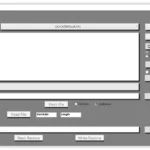 MAGIC TUNER
MAGIC TUNER MAN
MAN Navistar
Navistar PACCAR
PACCAR PERKINS
PERKINS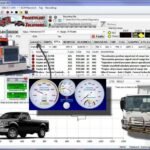 PF DIAGNOSE
PF DIAGNOSE PSI POWERLINK
PSI POWERLINK RENAULT
RENAULT SCANIA
SCANIA THERMO KING
THERMO KING UD NISSAN
UD NISSAN VOLVO
VOLVO WABCO
WABCO ZF TESTMAN
ZF TESTMAN
 BELL
BELL BENDIX
BENDIX BOBCAT
BOBCAT CARRIE
CARRIE DAF
DAF DETROIT
DETROIT EATON
EATON FUSO
FUSO MACK
MACK
 Cumminz
Cumminz ISB4.5 CM2150
ISB4.5 CM2150 All Engines (2017 Emissions)
All Engines (2017 Emissions) PACCAR
PACCAR





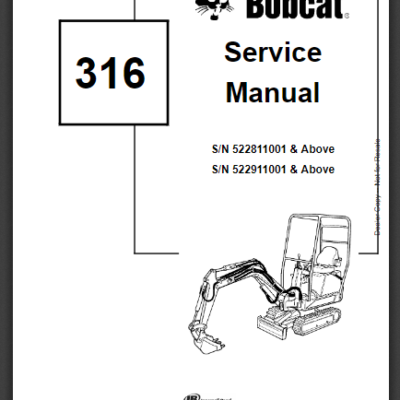
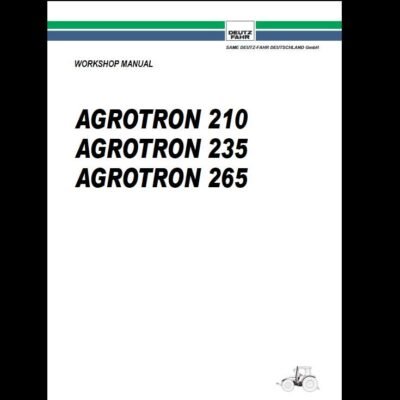
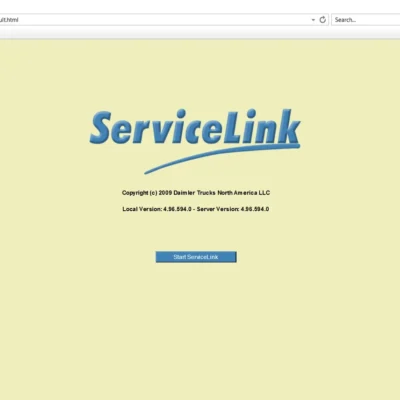
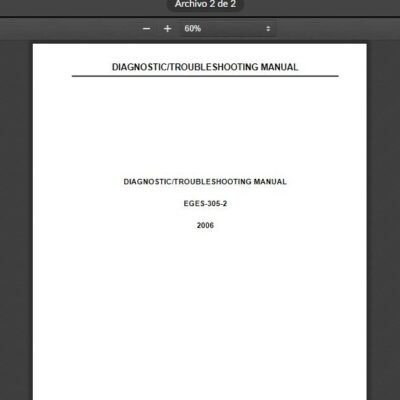

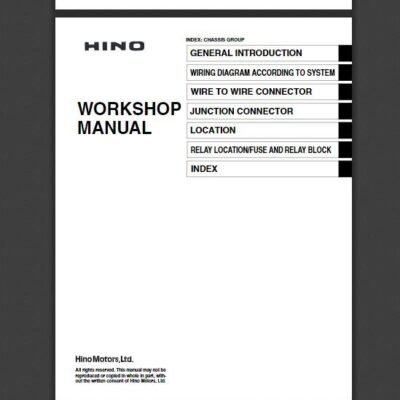
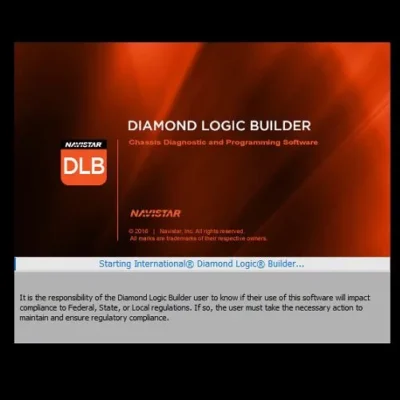
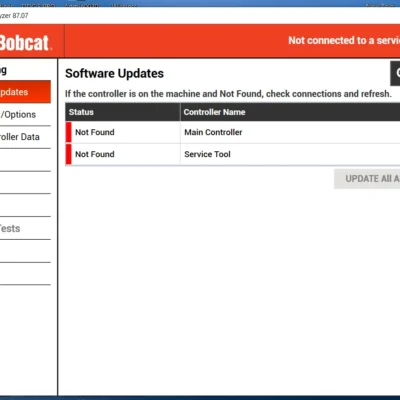

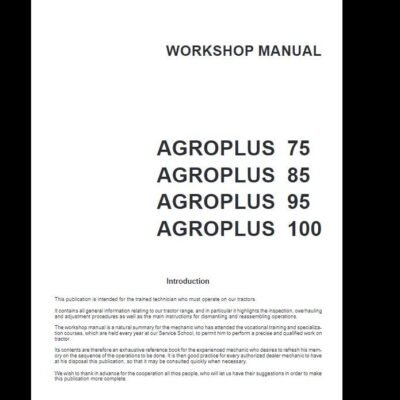

Reviews
Clear filtersThere are no reviews yet.